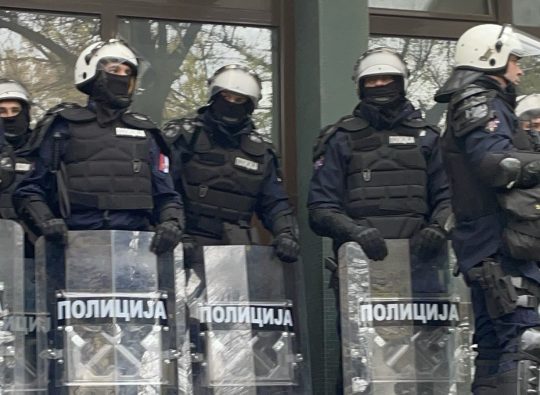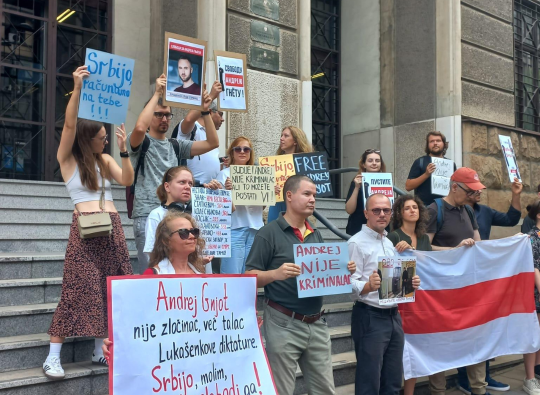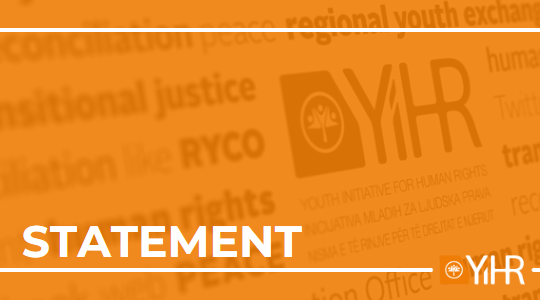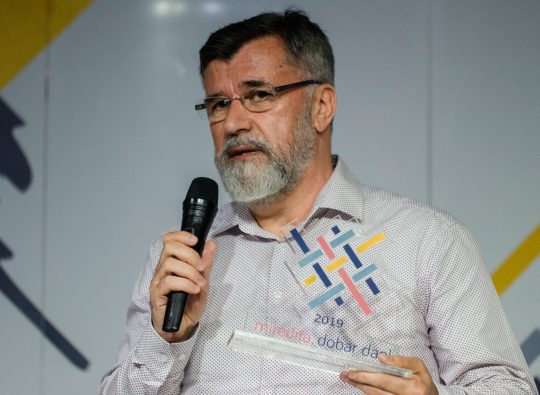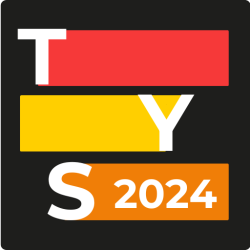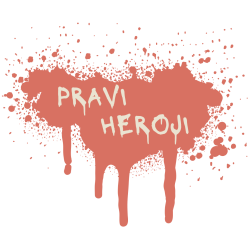Although systematic torture does not exist in these three countries, we unfortunately have to mention that a number of individual cases of torture and violation, which occurred in the past, remained uninvestigated, while committers have not been processed yet. Adequate mechanisms for the support to victims of torture still have not been developed in any of these three countries. Victims of torture still need rehabilitation, and the country and society should provide and create mechanisms for efficient support in the process of restoring dignity.
YIHR MN registered several cases of torture, where competent institutions di not conduct fast, efficient, and effective investigations that would result in sanctioning of all violators of human rights. Cases of long court proceedings were registered after charges for violation and inhuman behavior or punishing. Competent institutions, especially Prosecution Office did not investigate all statement on violation of human rights committed by police officers in fast, efficient and effective manned. The last verdict of the European Court of Human Rights related to Montenegro – Milić/Nikezić, showed that the mechanisms that would guarantee efficient investigation and sanctioning of all violators of human rights, still have not been established in Montenegro. And this is the first step towards restoring of dignity of victims.
In Albania, the issue of rehabilitation of the victims of torture and ill treatment provides a complex (yet) unaddressed reality. The population of victims of torture and ill-treatment in Albania is composed of a combination of victims of the former Communist regime and victims of more contemporary violations. It is estimated that more than 40,000 persons were exposed to torture and ill treatment during the Communist regime and about 2000 of them are still alive. Among the violations that they suffered were prolonged arbitrary detention, forced labor and various forms of torture and ill-treatment. While it is not possible to give exact figures on the number of contemporary victims of torture and ill-treatment, ARCT monitoring between2010-2014 identified approximately 1795 persons alleging being exposed to violence during arrest, transport or police detention. Article 14 of the Convention Against Torture (CAT) guarantees the right of torture victims to obtain reparation, including redress, fair and adequate compensation and the means for as full rehabilitation as possible. This right has recently been comprehensively elaborated in CAT’s General Comment #3, which provides that rehabilitation services must be available, appropriate and promptly accessible. During the 2nd Cycle of the Albania’s UPR, a specific recommendation was required to the Albanian state authorities „Integrate specialized and holistic rehabilitation services into the public health system”.
Prison overcrowding is the greatest problem in the Serbian penal system. Significant results had been expected to be achieved by the Strategy to Reduce Prison Overcrowding in Serbia between 2010 and 2015 but it did not happened. Serbia still faces huge problems of overpopulated penal institutions. Overcrowding plagues not only dormitories but also other premises available to prisoners (living quarters, recreation halls, etc.) Though some investments have been made in the past couple of years – to renovate sanitary installations, repair roofs, etc. – prison facilities are still in very bad shape. General hygiene is far from adequate, mostly due to high fluctuation of prisoners and decayed buildings. Both prisons are also poorly furnished and inadequately equipped with bedclothes, mattresses, etc. The current capacity in penal institutions was 9,000 places and the current prison population of Serbia today was 10,500. Serbia aimed to provide each detainee with four square meters of space, in accordance with European Union rules, and currently the average space per prisoner was 1 square meter. Even though significant results had been achieved through a decision on conditional release and in 2014, (20 per cent of the total number of releases were conditional releases, and 1,566 alternative non-custodial sanctions were handed down) there is still many goals to be achieved.
We would also like to announce that in the project „Building free society of torture and impunity in Western Balkan”, supported by the European Union, documentary film will be created, with relevant aspects in fights against torture in three countries. In this manner, partner organizations will join global campaign for the support to victims of torture.
Project Coordinators
- Milan Radović
- Erinda Bllaca
- Sanja Ristić
- MusheghYekmalyan

